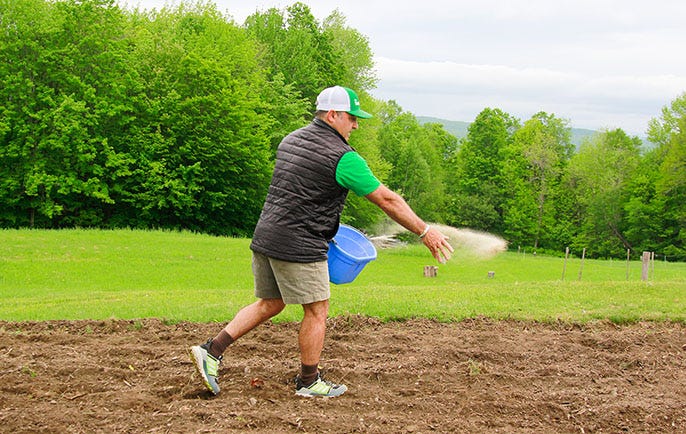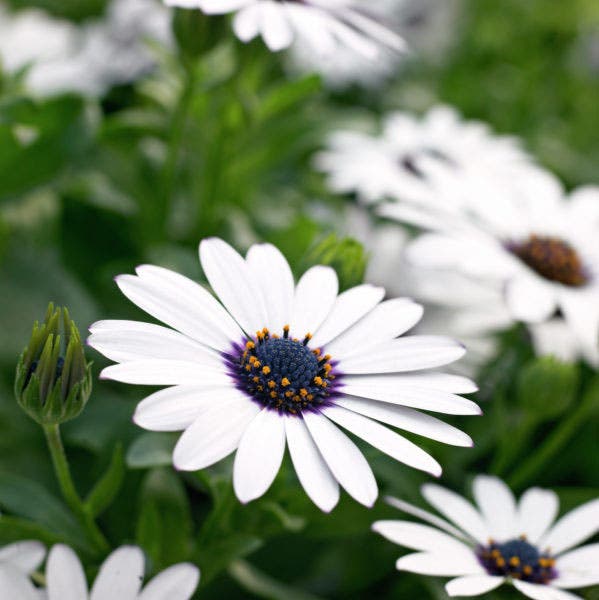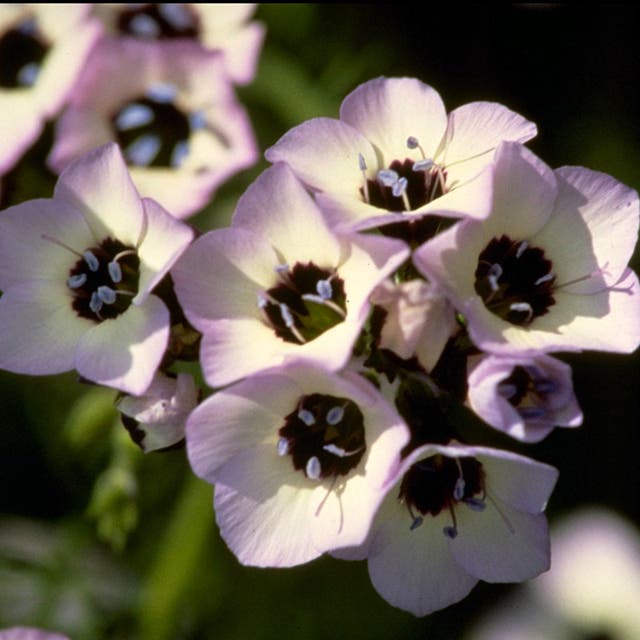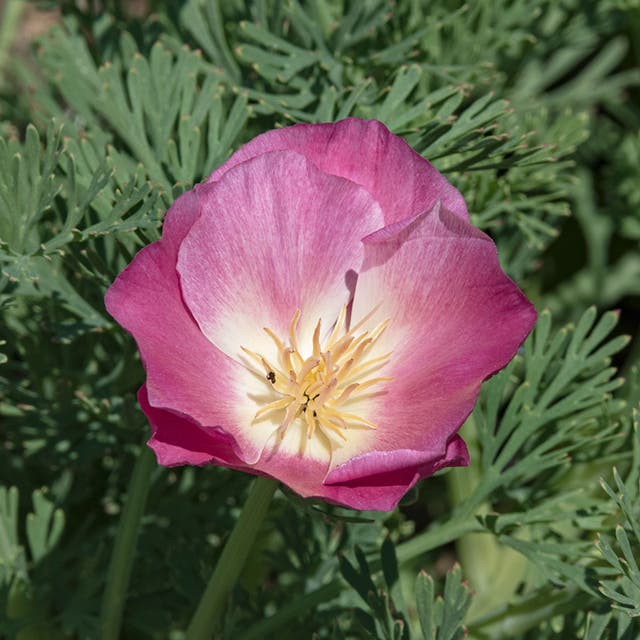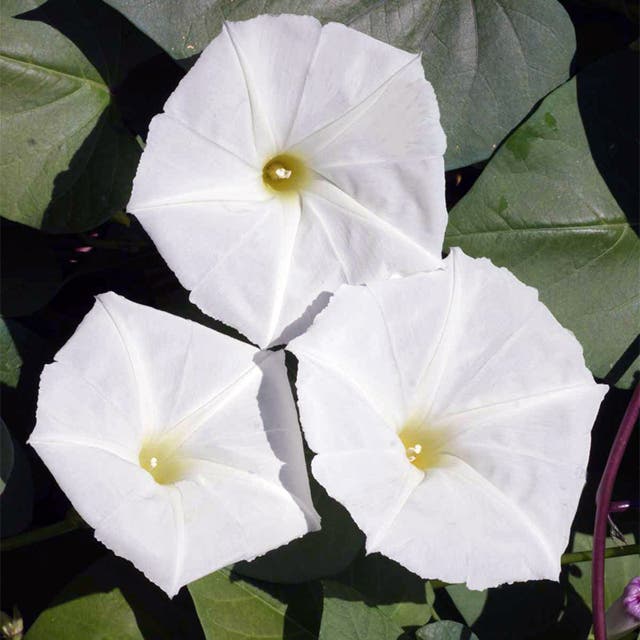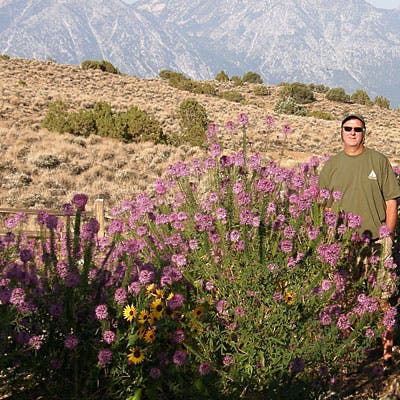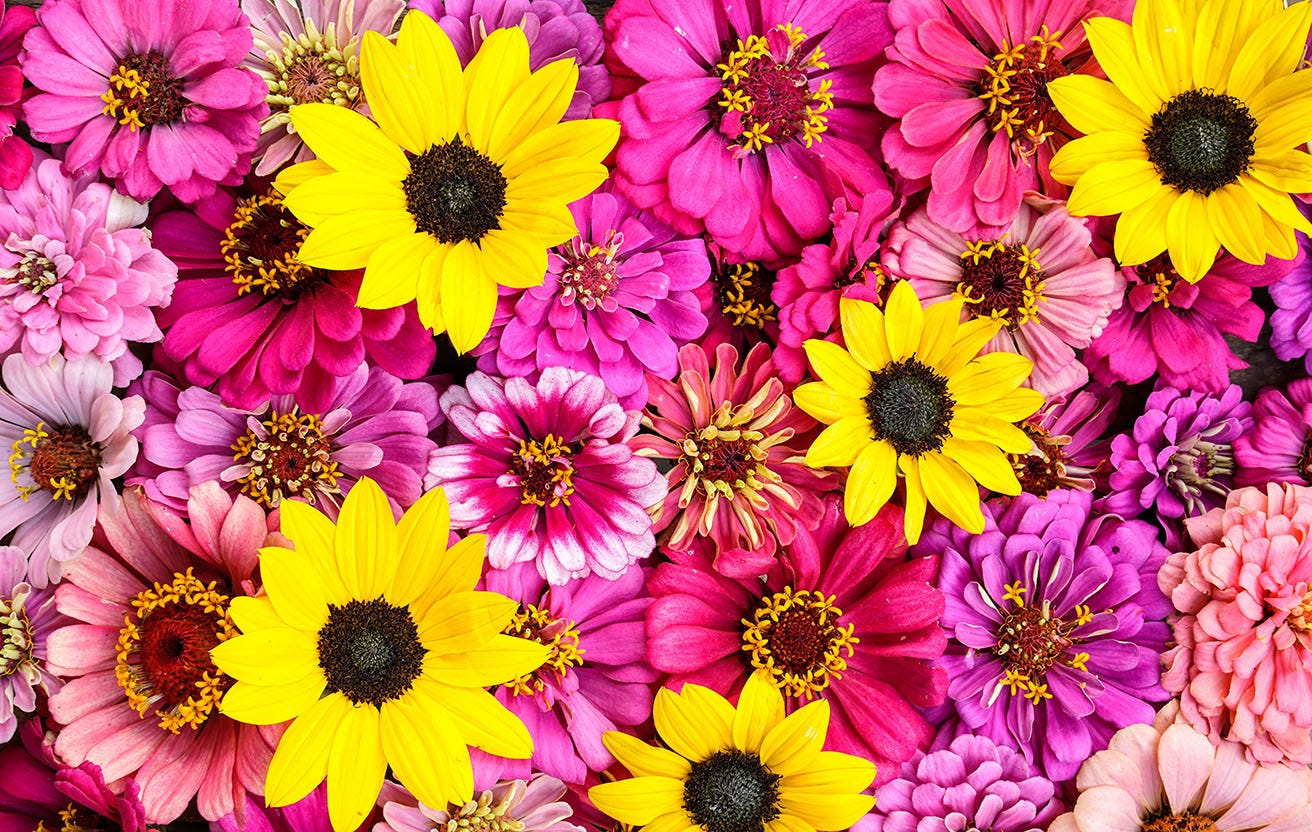
Get the quickest blooms with annual wildflowers
Why Plant Annual Wildflower Seeds?
Want quick, easy-to-grow color in your meadow or garden? Annual Wildflowers are the perfect choice, whether you're adding more color to an existing Wildflower Meadow or planting an interim garden for the year, we have dozens of varieties to choose from. All the seed we carry at American Meadows is Non-GMO, Neonicotinoid-Free and Guaranteed to Grow!
Planting How-To’s
Annual Wildflower Seeds Planting Guides
